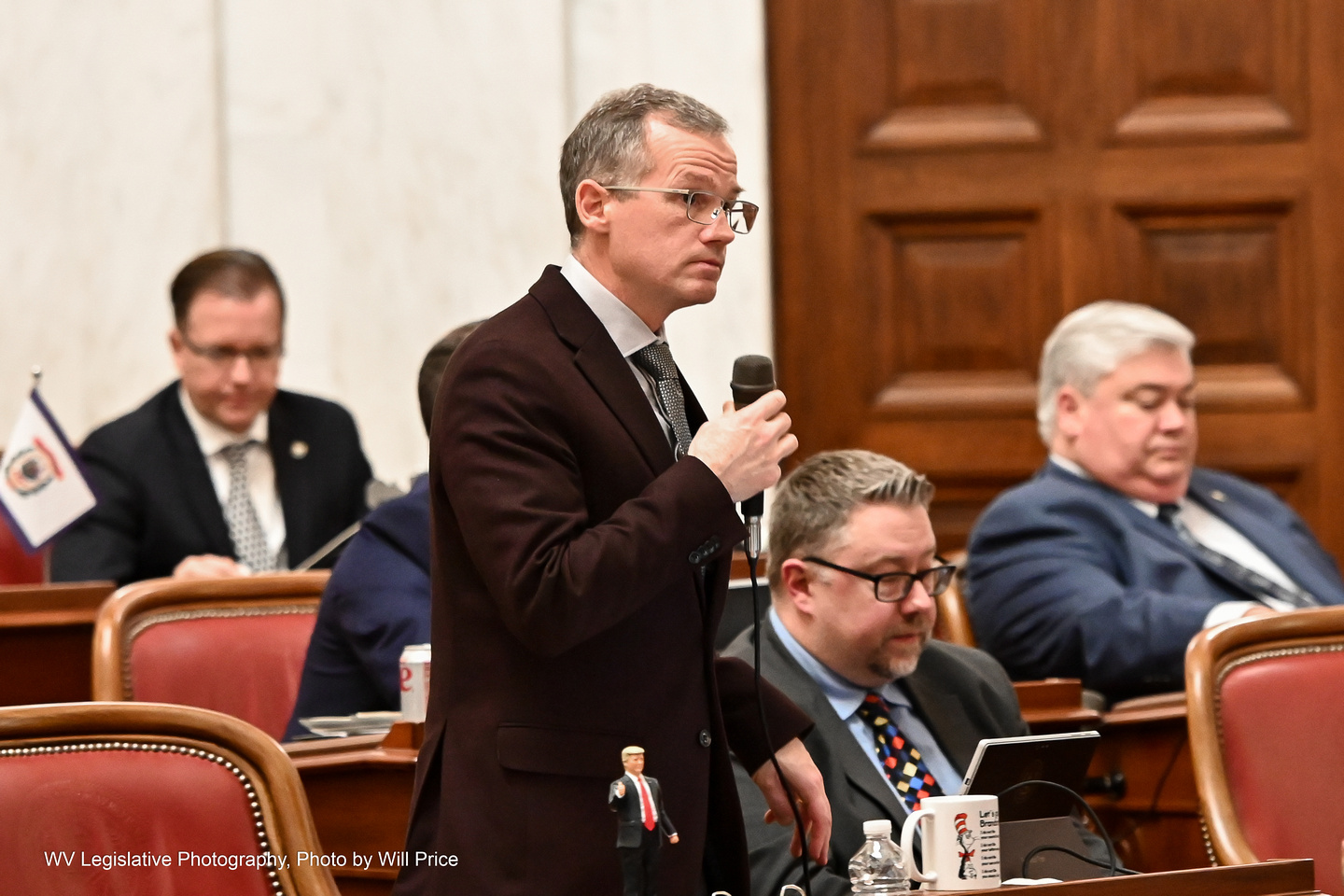Earlier this week, 35 of 44 bills proposed in the recent special legislative session passed. But what about the bills that failed?
The special session included about $30 million to address the ongoing crisis in the state correctional system, $12 million for volunteer fire departments and EMS, and $45 million to help Marshall University establish a Cybersecurity Program. Several other passed bills will make a mark on the state.
Gov. Jim Justice, who called the legislature into special session to address the 44 bills, said corrections and roads were his top priorities. Senate Bill 1026 appropriated $150 million to the Department of Highways. Justice said in a media briefing that road maintenance funding makes more money for the state.
“We have made incredible progress there,” Justice said. “It’s an economic driver beyond belief.”
Other passed bills include allocating $4 million to help make the West Virginia Culture Center compliant with the Americans with Disabilities Act and $1 million dollars that will replace worn patient beds in state veterans’ hospitals.
In 2019, the legislature eliminated the state severance tax on timber. But that left the state forestry department without a source of income for fire suppression. That’s according to Senate Finance Chairman Eric Tarr, R-Putnam.
“So we went back in and put in about $4 million for fire suppression equipment for forestry,” Tarr said.
Find a complete list of passed special session bills here.
The nine bills that did not pass included funding denied for the Attorney General’s technology litigation staff, some state park repairs, mine reclamation emergencies and rejected appropriations to the Department of Revenue.
Tarr said there was nothing inherently wrong with the bills that did not pass. He said when the House of Delegates rejected a procedural funding bill that incorporated a rainy day fund “smoothing” mechanism, it greatly reduced the surplus money available to allocate.
“Fixing that problem would have reduced the rainy day transfer from $231 million to about $87 million,” Tarr said. “So you have to go through and prioritize some of these spends. It really comes down to ‘Do you take the the miser ideology, or do you take an entrepreneurial approach, and invest in the state?’”
Tarr said “I can’t say that what we did aren’t the end all solutions, but they are really big steps toward comprehensive solutions that we do with these issues.”
The nine failed bills include:
HB 101 – Relating to combining the totals of the Revenue Shortfall Reserve Fund and Revenue Shortfall Reserve Fund
HB102 – Supplementing and amending the appropriations to the Department of Revenue
HB 108 – Relating to pretrial release
HB 111 – Authorizing agreements for reimbursement for certain training costs and to authorize the division to cooperate with the Supreme Court of Appeals on developing a comprehensive transportation plan
HB 113 – Relating to making West Virginia an agreement state with the United States Nuclear Regulatory Commission
HB 118 – Supplementing and amending the appropriations to state board of education
HB 135 – Supplementing and amending the appropriations to the Department of Environmental Protection
HB 136 – Supplementing and amending the appropriations to the Department of Commerce, Division of Natural Resources
HB 140 – Supplementing and amending the appropriations of public moneys out of the Treasury from the balance of moneys remaining as an unappropriated surplus balance in the State Fund, General Revenue, to the Attorney General
